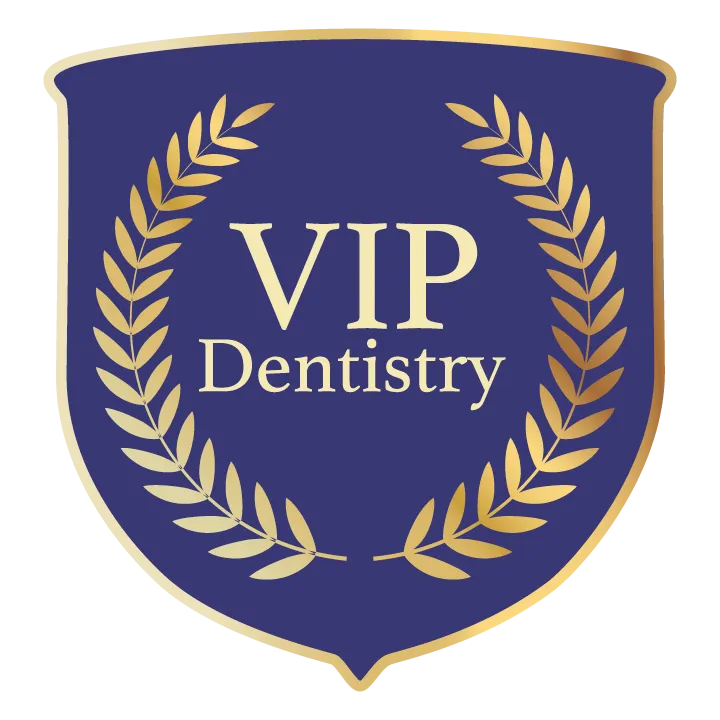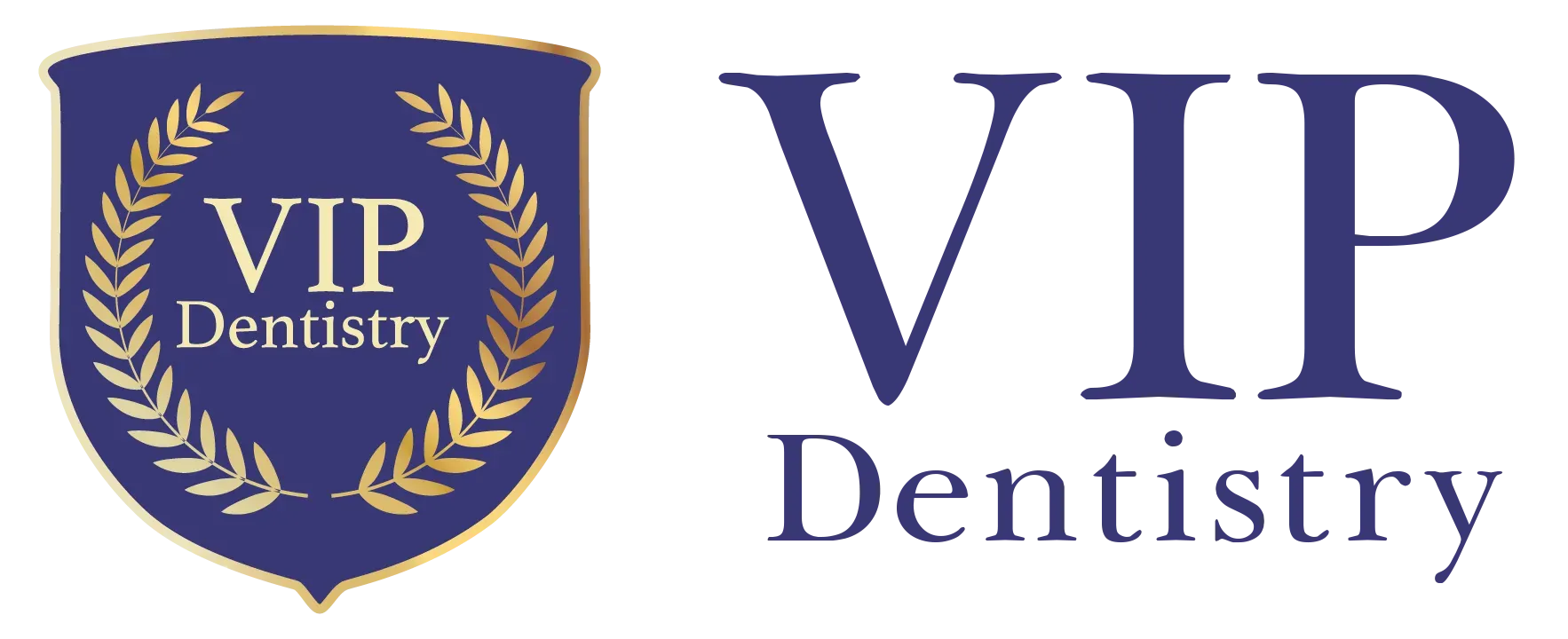


A bite guard is a dental appliance custom-fit to a patient’s teeth. Bite guards serve varying purposes and are often recommended for use in patients of all ages. It is important that bite guards be professionally fit, rather than purchased over the counter, as this ensures maximum comfort and protection during wear.


Professional dental guards are usually prepared in a dental lab using an oral impression taken in a dentist’s office. These guards are created uniquely to each patient to prevent discomfort, slippage or inadequate protection. There are many reasons why a dentist would prescribe a mouth guard to a patient. They include:
Caring for a dental bite guard is simple. You’ll need to rinse it before and after every usage using a soft-bristled toothbrush, toothpaste and cold water. From time to time, cleanse it with cold water and a mild soap. When not in use, store your mouth guard in a hard, ventilated container and keep it away from hot temperatures that could cause your guard to warp.

Let VIP Dentistry help you maintain the health of your smile with a custom-made bite guard.

Post-operative care following a tooth extraction is essential for healing and preventing complications. You will be instructed to avoid certain foods and also keep the surgical site clean at all times. If you are prescribed an antibiotic, it is important that you complete the course of treatment to prevent infection. Finally, you may be advised to avoid smoking or drinking through a straw, as doing so may delay the healing process and cause a condition known as dry socket.
If you and your dentist decide to extract one or more teeth, you will be scheduled to return for oral surgery at a later date. You will be given a local anesthetic to prevent pain during the procedure, and you may be prescribed medications to help manage pain in the hours following your extraction. Depending on the nature of your extraction and other factors, such as whether your teeth are impacted, you may also be sedated or given general anesthesia during your procedure.
Only your dentist can tell you if you need a tooth extraction. However, you may be a candidate for the procedure if one or more of your teeth are decayed so severely that a filling or others restoration is not a possibility for treatment.